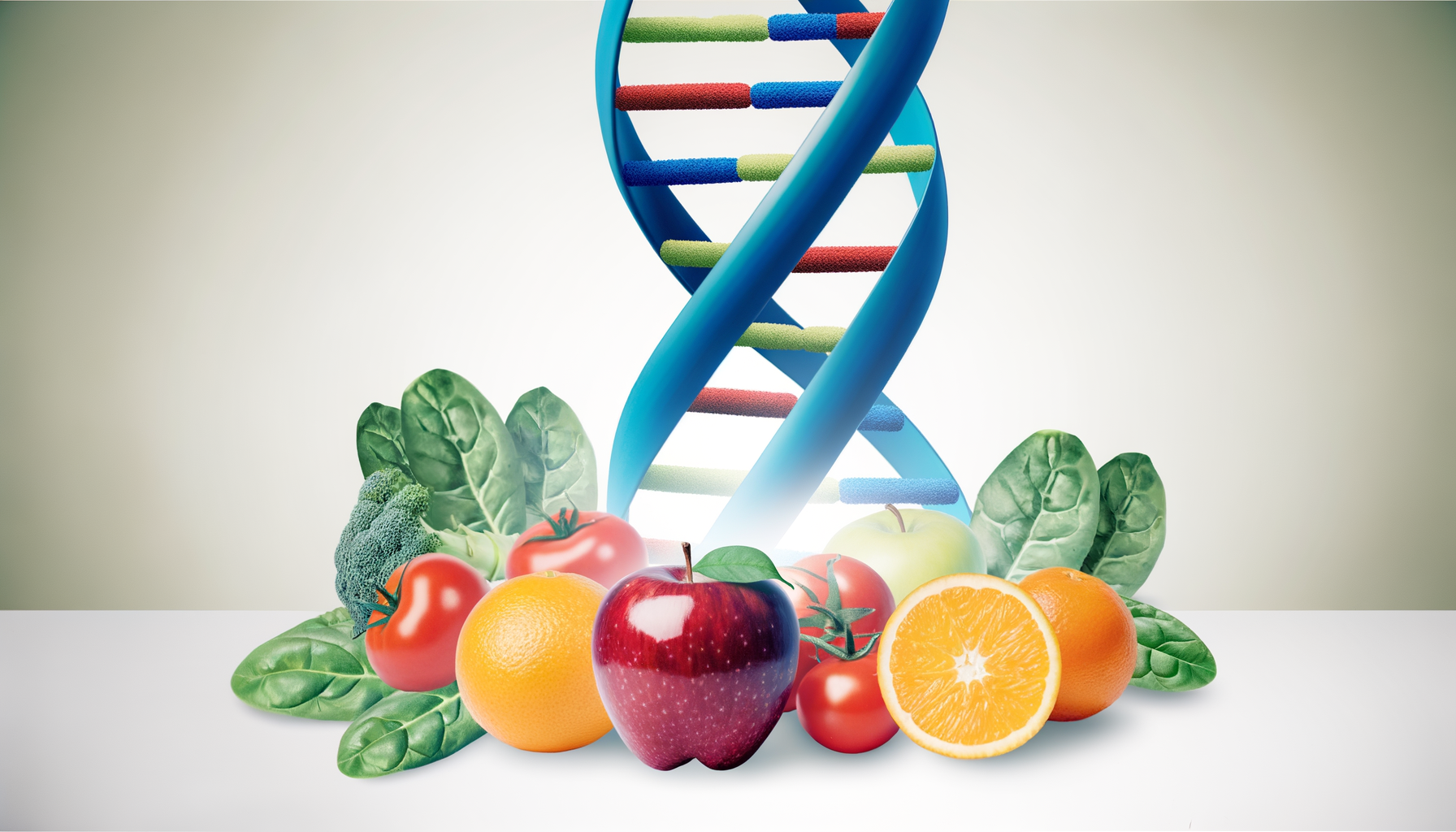Understanding the Role of Genetics in Calorie Metabolism and Weight Management
When it comes to managing weight and optimizing calorie metabolism, the role of genetics is increasingly recognized as a crucial factor. When you visit a website like Calorie Calculator Cloud, you might be looking for personalized nutrition plans, but it’s essential to understand how genetic factors influence your weight loss journey.
Genetic Influences on Weight and Metabolism
Genetics play a significant role in determining how your body metabolizes calories and manages weight. Research has identified over 400 different genes that contribute to overweight or obesity, affecting various aspects such as appetite, satiety, metabolism, and body-fat distribution.
For instance, the “fat mass and obesity” (FTO) gene is associated with a higher weight due to increased food intake and specific types of fat storage. This genetic predisposition can make weight loss more challenging for some individuals.
Gene-Diet Interactions and Weight Loss
Studies have shown that gene-diet interactions significantly impact weight loss and maintenance. A study published in the *Nutrition Journal* demonstrated that incorporating genetic information to personalize diets (nutrigenetics) can lead to better compliance, longer-term BMI reduction, and improvements in blood glucose levels. Patients who received nutrigenetic testing were more likely to maintain weight loss compared to those who did not receive such testing.
This approach involves screening for genetic variants in genes involved in metabolism and nutrition. For example, a nutrigenetic test might screen 24 variants in 19 genes, providing personalized dietary advice based on the individual’s genetic profile. This personalized nutrition plan can optimize the content of macro- and micro-nutrients, making it more effective during periods of reduced food consumption and increased energy expenditure.
Metabolic Typing and Personalized Nutrition
Metabolic typing is another aspect where genetics comes into play. Your metabolic rate, including your basal metabolic rate (BMR), is influenced by your genetic makeup. BMR is the energy your body needs while at rest, and it varies from person to person. While you can improve your metabolism through exercise and muscle mass, genetics set a baseline that affects how efficiently your body burns calories.
Personalized nutrition based on metabolic typing involves tailoring your diet to your genetic and metabolic profile. This can include specific recommendations on the types of foods to eat, portion sizes, and meal frequencies. For example, some individuals may benefit from eating smaller, more frequent meals to avoid overeating, while others might need to focus on avoiding liquid calories and high-calorie foods.
Real-World Examples and Case Studies
A notable case study involved patients with a history of failed weight loss attempts. These patients were offered a nutrigenetic test, and the results showed that 73% of the patients in the nutrigenetic group maintained some weight loss after 300 days, compared to only 32% in the comparison group. This study highlighted the effectiveness of personalized diets based on genetic information in achieving and maintaining weight loss.
Another study focused on the impact of genetic counseling on diabetes prevention behaviors. While the study found limited immediate effects on motivation and program adherence, it underscored the need for more research on how genetic information can be translated into practical dietary and lifestyle modifications.
Challenges and Future Directions
Despite the promising results, there are several challenges to consider. One of the main limitations is the lack of diversity in study populations; many studies have been conducted on specific ethnic or cultural groups, which may not be representative of the broader population. Additionally, compliance levels and the absence of a placebo arm in some studies make it difficult to isolate the physiological effects of personalized dietary advice.
Future research should focus on conducting genome-wide analyses in well-powered randomized diet intervention trials. Functional studies are also necessary to understand the mechanisms underlying gene-diet interactions. The ultimate goal is to develop personalized diet interventions that are tailored to an individual’s genetic profile, providing more efficient prevention and treatment for obesity and related metabolic disorders.
Practical Tips for Weight Management
While genetics play a significant role, there are still several practical steps you can take to manage your weight effectively:
– **Monitor Calorie Intake**: Use tools like the Calorie Calculator Cloud to track your daily calorie intake and ensure it aligns with your metabolic needs.
– **Increase Physical Activity**: Aim for at least 150 minutes of moderate-intensity exercise per week to boost your total caloric expenditure.
– **Avoid Liquid Calories**: Focus on whole foods and avoid liquid calories from sources like sodas and alcohol.
– **Eat Smaller, Frequent Meals**: This can help prevent overeating and maintain a stable energy level throughout the day.
Conclusion and Next Steps
The impact of genetics on calorie metabolism and weight management is clear: personalized nutrition based on genetic information can lead to better outcomes. As research continues to uncover more about gene-diet interactions, it’s essential to integrate this knowledge into practical weight management strategies.
If you’re looking to optimize your weight loss journey, consider exploring genetic testing and personalized nutrition plans. Websites like Calorie Calculator Plans can provide you with the tools and insights needed to tailor your diet to your unique genetic and metabolic profile.
By combining genetic insights with practical lifestyle changes, you can achieve a more sustainable and effective approach to weight management. Remember, while genetics set the stage, your choices and actions can significantly influence the outcome.








